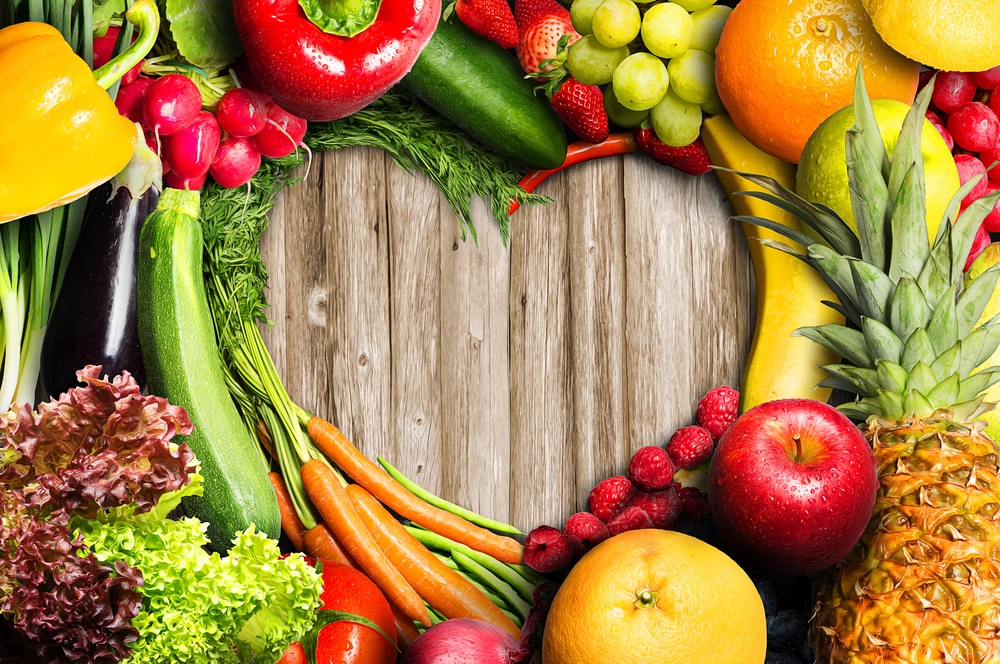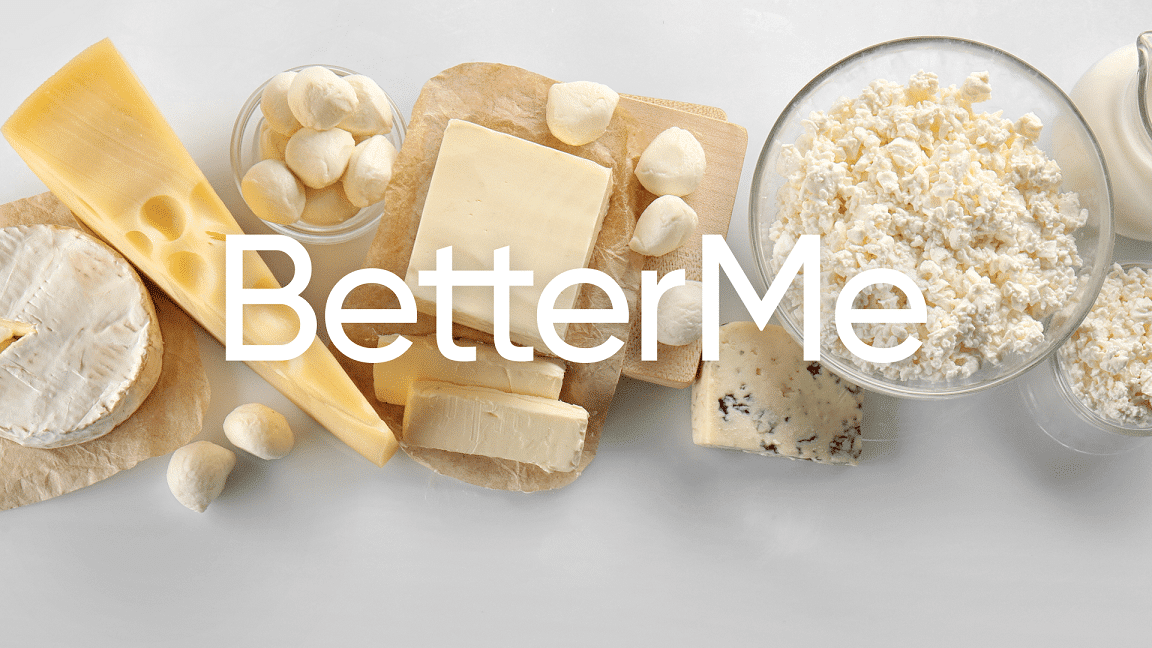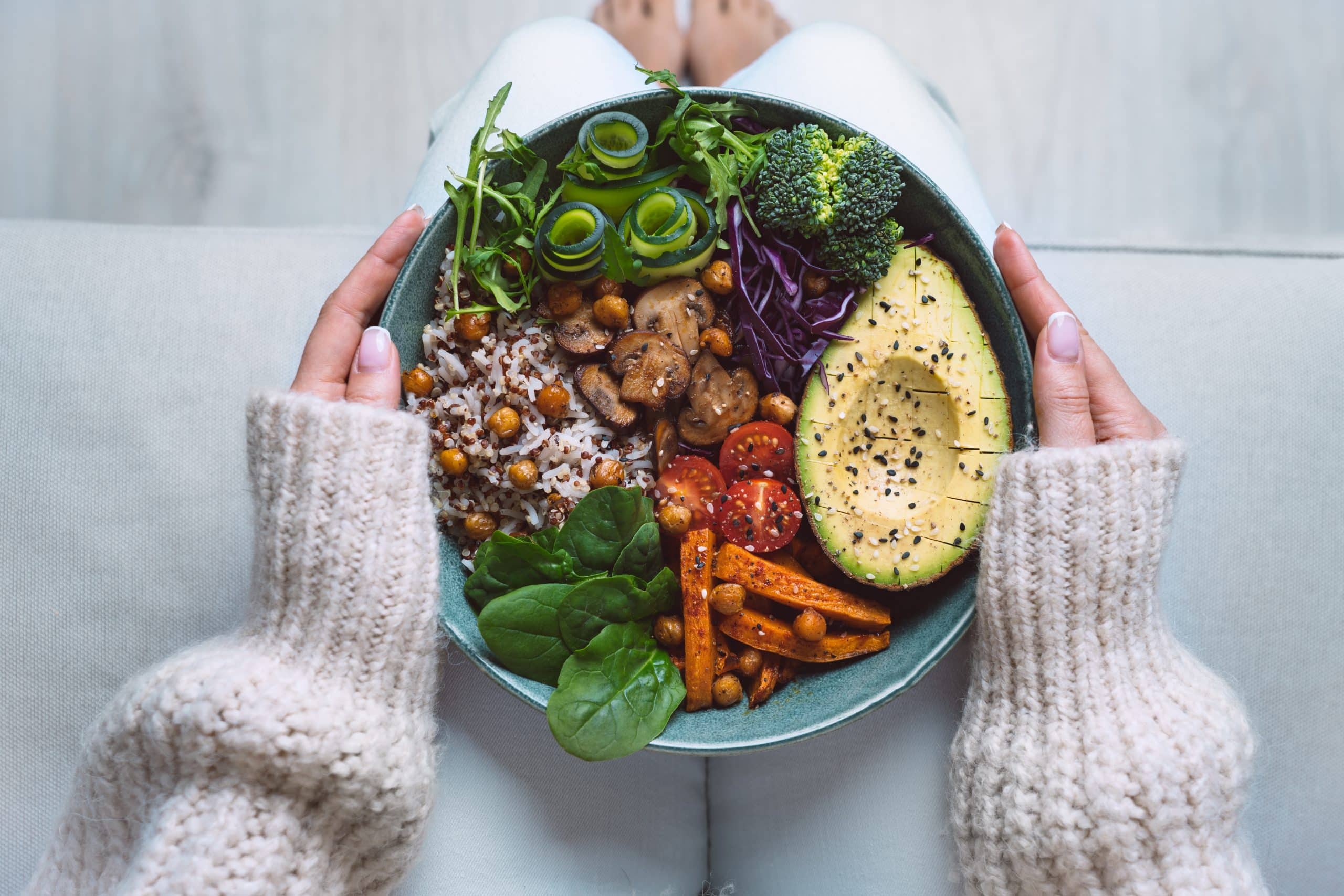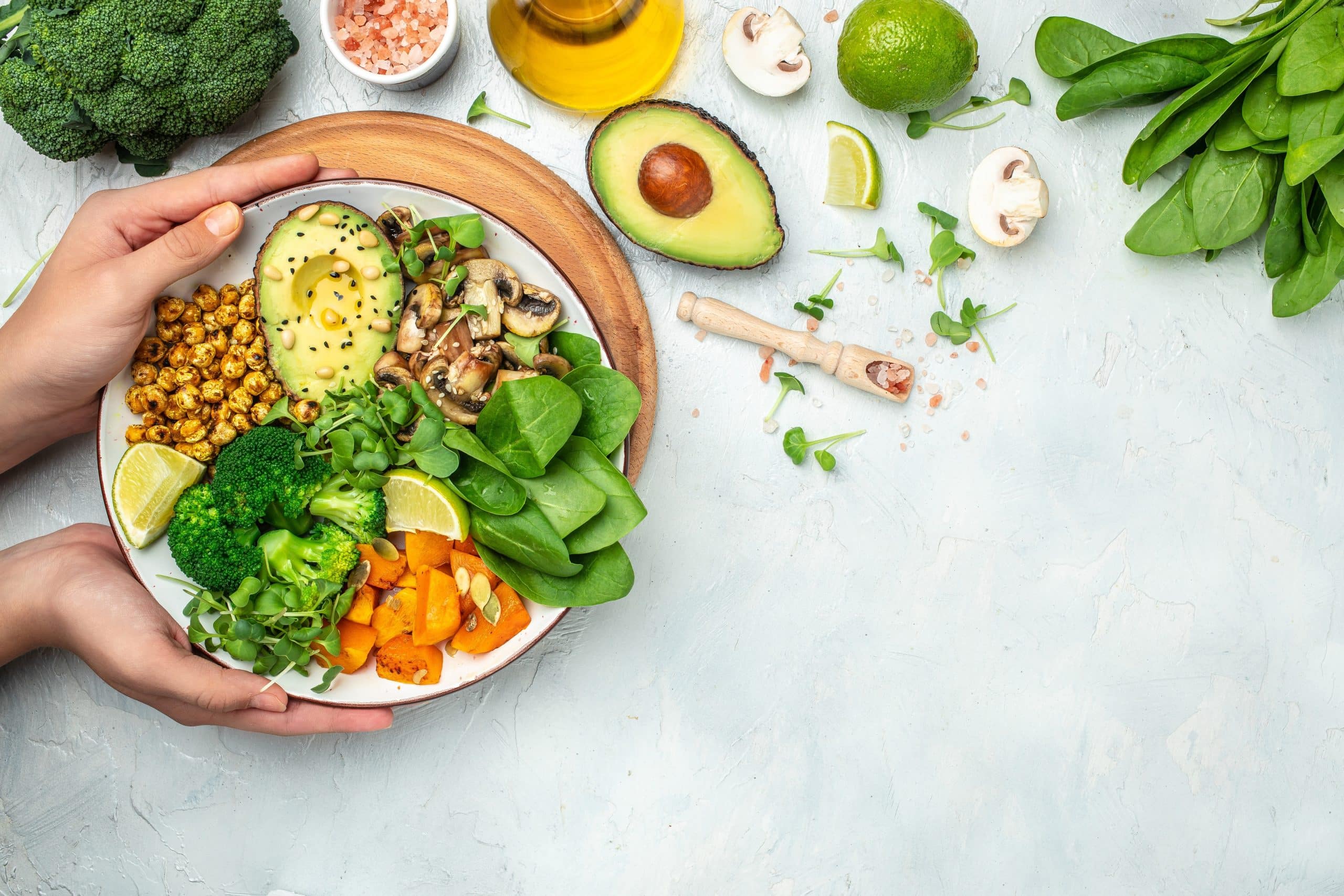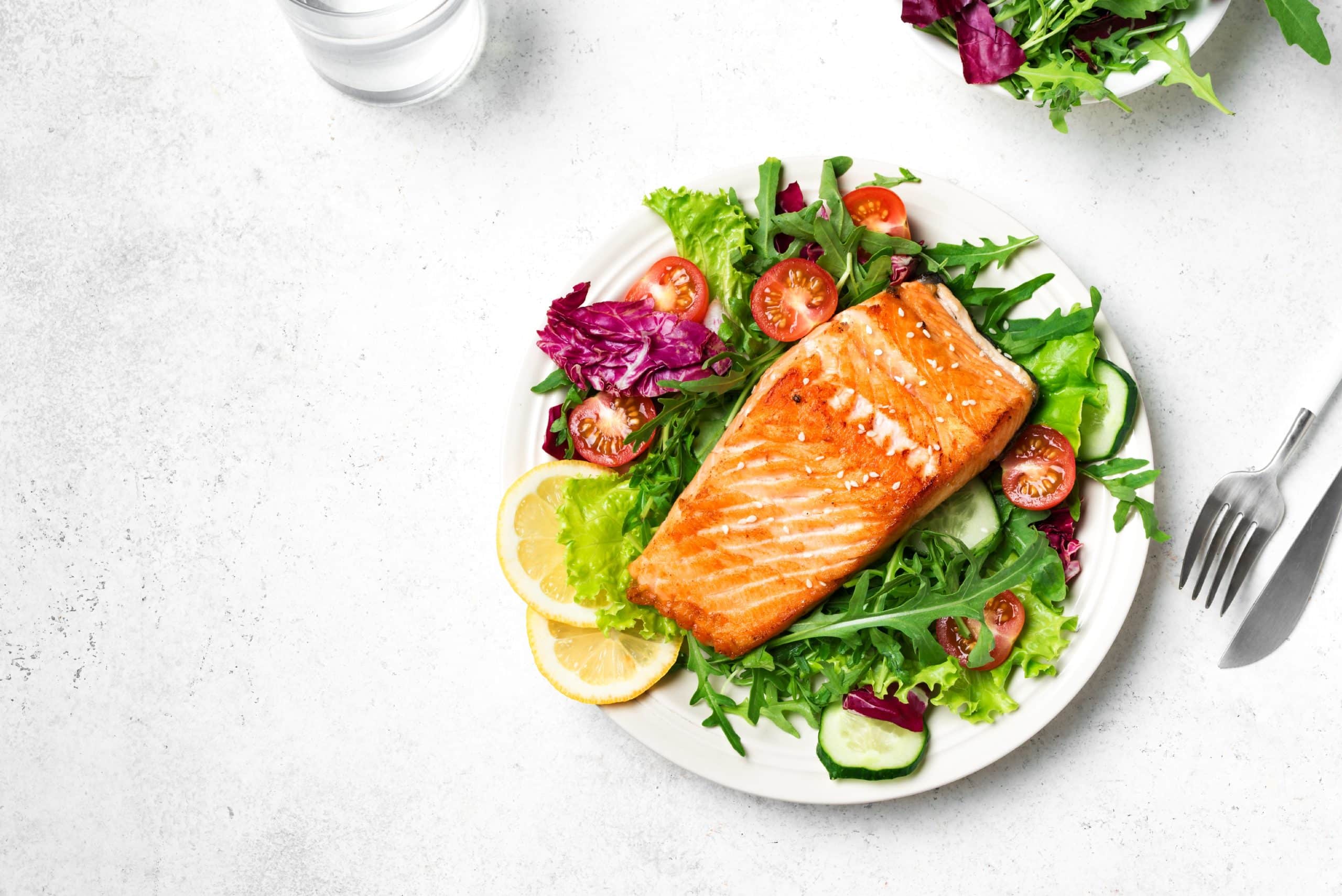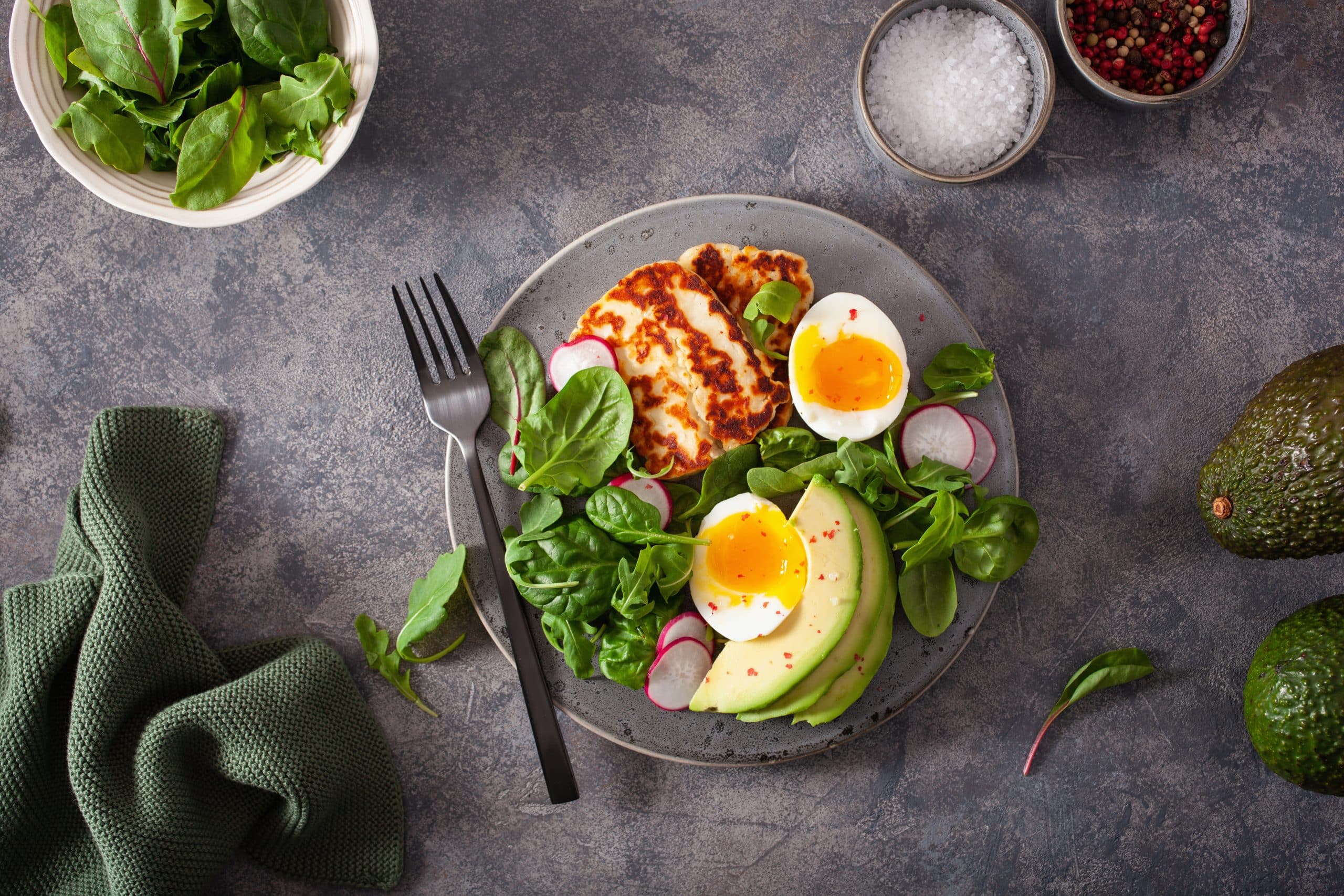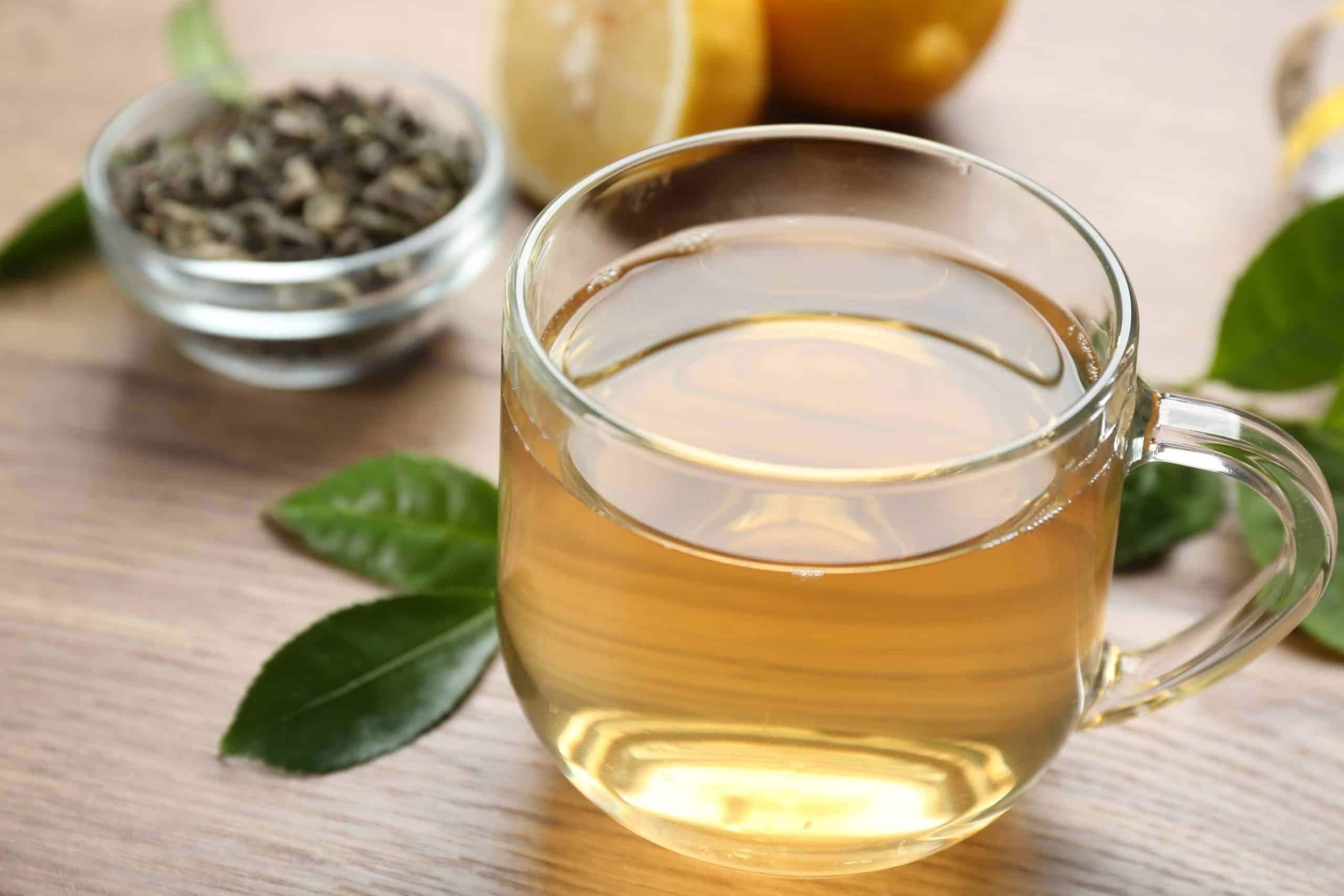How Consuming Less Food Hinders Fat Loss
When you are looking for tips and tricks to help you shed some of those extra pounds, the first and most common answer that you will come across is that you will need to eat less. No one ever suggests to you to eat more calories to lose weight. But what if there was an option for you to eat more to lose weight? Could you figuratively have your cake and eat it too? In this article we are going to look into the answers to questions such as ‘how to eat more and lose weight,’ ‘do I have to eat more calories when I exercise to lose weight,’ and ‘how to eat more protein to lose weight’ among other such burning questions.
The first thing people automatically assume is that eating more calories will result in weight gain. This, however, is not always true. In some cases, and due to some aspects of our lifestyles, our bodies will demand more food energy intake for us to lose weight. Failure to do this will result in a weight plateau or worse, weight gain.
Here is how restricting you calorie intake may hinder your progress.
-
You Are Too Weak To Workout
One of the most important components for shedding those extra pounds is making sure that you get at least 30 minutes of exercise a day. While you could technically lose weight through calorie restriction alone, incorporating exercise ensures that you are losing fat and that your results are sustainable in the long-term. When you restrict your calories too much or cut out certain food groups in the name of slimming down you risk becoming too weak to exercise.
-
It Slows Down Your Metabolism
Metabolism is the process through which your body breaks down what you eat and drink and turns it into energy to be used by it, thus allowing it to function. People with a fast metabolism are able to digest and convert food and drinks into energy quickly before it is turned into fat.
On the other hand, those with a slower metabolism find that their bodies take too long to do this and excessive calories ingested ends up turned into fat and stored in the body thus leading to weight gain. One way to speed up a slow metabolism is to eat less, however, what no one tells you is that if you eat too little instead of this process speeding up, it slows down even more.
The body goes into ‘starvation mode’, a state where your brain thinks that you are starving and in an effort to save you signals to the body to slow down and conserve energy which results in less calorie burning. Not only do you burn less calories as you work out, but your Basal metabolic rate (BMR) – burning calories while at rest – starts to crawl, and the Thermic effect of food (TEF) – burning calories during digestion – is almost non-existent since you are not eating as much.
BetterMe is your fast-track ticket to a long-lasting weight loss! Tailor your fitness journey and maximize your results with just a couple of swipes!
-
You Start To Lose Muscle
At the beginning of a very-low-calorie diet, most people celebrate rapid weight loss thinking that severely restricting their food intake is resulting in the weight loss they are after. What many people do not realize is that this rapid weight loss is, sometimes, the cause of the loss of water weight or muscle loss.
When you do not consume enough calories and there are no glucose and glycogen available as a primary source of energy, the body turns to your fat storage and slowly starts to break down triacylglycerols as it looks for new energy sources to keep it functioning. When glucose and fat storage are empty, the human body starts breaking down muscles into individual amino acids to get the energy it needs. Muscle loss also affects how much energy you burn in a day because in a day, one pound of muscle burns 6 to 7 calories, which is about 3 times more than what a pound of fat burns in the same timespan.
Read More: Weight Loss Hacks To Keep Those Extra Pounds At Bay
-
Hormonal Changes
Severely restricting your calories makes your hunger and satiety hormones go haywire. When you do not eat enough, the satiety hormone, leptin falls while the hunger hormone ghrelin increases. No only does this make you hungrier, but it also increases your chances of falling off your diet and binge-eating.
How To Eat More And Lose Weight
When it comes to tips and tricks on how to eat more to lose weight, just upping your calories intake is not enough. The types of foods you consume matter quite a lot as the wrong kind of meals will only serve to derail your progress.
Here are the foods that you should eat and why they are good for you.
Leafy And Cruciferous Vegetables
The main reason why you should eat more vegetables to lose weight is that they are extremely low in fats and calories, meaning that you can safely consume large amounts without affecting your recommended daily energy intake for weight loss.
They are also rich in fiber, which helps keep you fuller for longer, as well as vitamins and minerals that are great for your overall health. Examples of leafy greens include collard greens, kale, bok choy, spinach Romaine lettuce, and Swiss chard, while cruciferous veggies include options such as broccoli, cauliflower, cabbage, and Brussels sprouts.
Whole Grains
Wholegrains like oatmeal, quinoa, brown rice, millet, barley as well as bread and pasta made from whole grains are always recommended in a healthy weight loss diet because they have more fiber than refined grains thus will keep you fuller for longer.
Whole grains are nutritious and should not be unnecessarily removed from your diet. Make sure to speak to your dietitian about how much carbs you should eat in a day and remember that carbs are great for pre-workout nutrition as they maximize your body’s ability to use glycogen to fuel short- and high-intensity workout sessions.
Read More: Weight Loss Diet Plan For Men: Chasing Away Those Extra Pounds For Good
Fruits
Every healthy and well-balanced diet for weight loss calls for at least one serving of fruit a day. Fruits should be on your list of foods to eat more to lose weight not only because they are low in calories and full of vitamins and minerals, but also because they are high in water and fiber which are both quite filling.
Fats
Popular high-fat eating plans such as the keto diet advocate for you to eat fat more to lose weight. While on a keto diet, your body enters into a ketogenic stage where your body, due to the lack of carbs to turn to glucose for energy, turns to your body fat and breaks it down into ketones for energy. Not only have such diets been proven to be effective in weight loss, but they may also reduce the risk of certain cancers, improve heart health, reduce seizures, improve brain function and improve the symptoms of PCOS.
However, before rejoicing and joining this bandwagon to eat more fat to lose weight it is important to note that not all fats are made the same – something that these high-fat diets, more often than not, fail to mention. You should aim to limit your fat intake to unsaturated fats only, which are defined as mono- and polyunsaturated fats.
Polyunsaturated fat is found in fatty fish such as salmon, sardines, mackerel, anchovies, and trout as well as vegetable oils and some nuts and seeds. On the other hand monounsaturated fats are mostly found in plant sources like nuts, avocados, and vegetable oils. Always be sure to avoid saturated and trans-fats as not only do they increase your chances of weight gain and obesity, but they also increase your risk of illnesses such as cold allergy and asthma in children, type II diabetes, colon cancer, cardiovascular diseases, and breast cancer (7).
Protein
Is it good to eat more protein when trying to lose weight? Yes, it is.
All major food groups are essential to the body, and proteins in particular are known as bodybuilding foods as they give us energy, help our bodies fight off infections as well as build and repair tissues (4). The decision to eat more protein to lose weight is one of the best decisions that you could make on your weight loss journey. Here is why
- Digesting protein burns more calories – A study done in 2004 showed that the body can use anywhere between 20% to 30% more calories to digest protein than it does either cabs or fats (2).
- A high-protein diet could boost your metabolism – A controlled trial published in 2015 showed that overfeeding participants with a high-protein diet increased the number of calories burned a day by 260 cals (3). As stated above, the body requires more energy to digest proteins which results in a faster metabolism. If you are working out, this effect becomes even higher because protein helps build muscle which will continue burning more calories even while at rest.
- It regulates your hunger and satiety hormones – When you consume more of this macronutrient, it increases levels of the hunger inhibiting hormone leptin while reducing the levels of ghrelin in your blood. If you are struggling with keeping up with your recommended calorie deficit, eating more protein is a good idea. This was proven by a clinical trial published in 2005 that showed that a high-protein diet helped participants reduce their daily calorie intake by 441 calories (1).
If you’ve mustered up the courage to crush your weight loss goal, let Betterme take the sting out of this demanding process. Our app will help you restructure your habits, remold your life and crank up your fitness results!
How Much Protein Should I Eat To Lose Weight To Lose Weight?
From the above benefits you could be wondering how to eat more protein to lose weight and what amounts are perfect for you and your goals. According to the USDA, a healthy adult should aim to have their daily diet be made up of 10 to 35% protein. However, if you are looking to shed a few extra pounds, the number goes up. For weight loss, it is recommended that 25% to 30% of your daily calories should be solely from protein (1).
How to calculate your recommended protein intake depending on how much you weigh. An average adult requires at least 0.8 grams of protein per kilogram of body weight per day. That means, a person weighing 70 kgs would require
70 kgs * 0.8 g of protein = 56 g of protein per day
It should be noted that this number goes up to 1.2 to 1.4 grams of protein per kilogram of body weight per day for endurance athletes, while bodybuilders and regular weight trainers would need an even higher amount of 1.6 to 1.7 grams of protein per kilogram of body weight.
Should I Eat More Often To Lose Weight?
With popular diet hacks suggesting that people should eat more frequently, the debate between eating 5 to 6 small meals a day as opposed to 3 larger meals have become quite prevalent. According to Harvard Medical School, eating the usual 3 meals a day is enough to keep you satiated throughout the day, while eating less leaves you prone to overeating and making bad food choices. How about eating more frequent but smaller meals as opposed to the traditional 3 meals? This is all a matter of choice. Two studies – one review published in 1997 (6) and another controlled trial in 2009 (5) revealed that eating frequently does not affect/increase your metabolic rate or amount of fat lost by the subjects.
Do I Have To Eat More Calories When I Exercise To Lose Weight?
This largely depends on what daily energy intake was before you decided to start working out. If you have been undereating then you might need to eat more to kickstart your metabolism and burn more calories. If you had been eating too much then a calorie deficit of 500 to 1000 calories is perfect for you. Remember you still need to fuel your body and muscles before and after your workout.
Why Do You Have To Eat More To Lose Weight?
Undereating largely stalls your weight loss as it may lead to a slower metabolism, binge-eating, being too tired to workout, mood swings, hormonal changes, and muscle loss. Under eating could also lead to other issues such as nutrition deficiencies, hair loss, reduced immunity, fatigue, constipation, and depression among other problems. If you are working out, you must be sure to eat something before and after your workout to give your body enough energy to help you keep working out and repair your muscles, respectively.
DISCLAIMER:
This article is intended for general informational purposes only and does not address individual circumstances. It is not a substitute for professional advice or help and should not be relied on to make decisions of any kind. A licensed physician should be consulted for diagnosis and treatment of any medical conditions. Any action you take upon the information presented in this article is strictly at your own risk and responsibility!
SOURCES:
- A high-protein diet induces sustained reductions in appetite, ad libitum caloric intake, and body weight despite compensatory changes in diurnal plasma leptin and ghrelin concentrations (2005, pubmed.ncbi.nlm.nih.gov)
- Diet induced thermogenesis (2004, ncbi.nlm.nih.gov)
- Effect of protein overfeeding on energy expenditure measured in a metabolic chamber (2015, pubmed.ncbi.nlm.nih.gov)
- Important Nutrients to Know: Proteins, Carbohydrates, and Fats (2019, nia.nih.gov)
- Increased meal frequency does not promote greater weight loss in subjects who were prescribed an 8-week equi-energetic energy-restricted diet (2009, pubmed.ncbi.nlm.nih.gov)
- Meal frequency and energy balance (1997, pubmed.ncbi.nlm.nih.gov)
- Trans fats—sources, health risks and alternative approach – A review (2011, ncbi.nlm.nih.gov)
